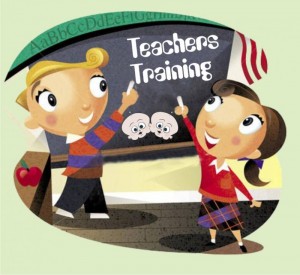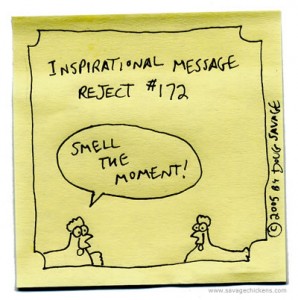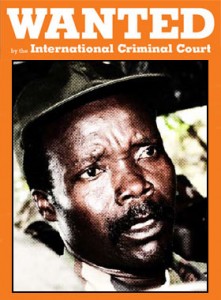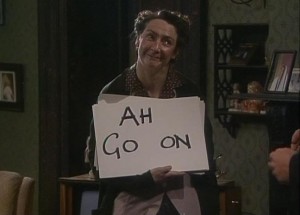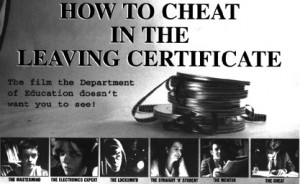I’ve just stumbled upon this essay I wrote while doing my H.Dip. It’s no masterpiece but I found it interesting (if a little cringeworthy) to read on a few levels. In many ways it’s like a time capsule, written 10yrs ago and making no reference whatsoever to visual texts, social media, blogging or digital literacy. Even some of the references read like they belong in the dark ages – literacy stats from 1997 rather than our recent PISA scores. Yet it still captures many of the aspirational, as well as purely practical reasons why I still believe fundamentally that the subject I teach matters. Hugely.
‘Justify the inclusion of English as a subject on the school curriculum’
It has been said that we only truly recognise the value of something when we are deprived of it. When a loved one dies their absence encompasses an area much larger than their presence ever did. When we fast for charity, we are hungry from the moment we begin, even though our bellies are still full. So it is with the gift of communication. Something wonderful lies hidden in the everyday acts of speaking and listening, reading, writing and understanding. We take them for granted because we cannot imagine life without them; only those deprived of such jewels truly appreciate their worth. The deaf community embrace sign language as a means of escaping their silent world; the blind use Braille to access the joys of literature. Studying English encompasses so much more than the written word – it embraces oracy and comprehension as well as reading and writing skills; it influences our ability to understand and achieve in every other subject on the curriculum; it provides us with practical skills for dealing with life outside of the classroom; and it nurtures the ‘intellectual, imaginative and emotional growth’ of the individual. In order to justify the inclusion of English as a core subject in our schools we must look at each of these areas in greater detail.
Although English is considered an adopted language on this fair island, one cannot escape or ignore its dominance in modern day Ireland. For the vast majority of Irish citizens it is our first language, the medium through which all communication takes place. If we accept this and leave the debate about the relative value of ‘Gaeilge versus Bearla’ to one side, we are still left with the issue of what exactly it means to study English as a subject. In primary school emphasis is placed on the basic literacy skills of reading and writing but upon reaching secondary school the issue becomes more complex. We make the leap from ‘learning to read’ to ‘reading to learn’.
Therefore our purpose in reading becomes an exercise in decoding the meaning of the text. We no longer write solely to practice the art of writing itself (spelling, grammar, joined writing etc.): we compose in order to express ourselves, to explore our experiences in a variety of forms, such as diary entries, autobiographical sketches, poetry and prose. We learn to express ourselves verbally within various genres – radio programmes, anecdotes, drama. Ideally, we acquire a greater sophistication in our use of language, both when comprehending and composing and a wider appreciation of the forms and functions of language.
Why then is this ability to manipulate language considered such an important part of our education? Surely the language we speak from an early age, listen to on the television and in the classroom, write when filling out forms and questionnaires, read in magazines and on billboards, (or less frequently these days, in books and newspapers) will develop naturally and seamlessly out of our everyday experience? Unfortunately, this is not the case. An OECD report from 1997 found that 25% of Irish adults were functionally illiterate. The 1998 U.N. report on poverty stated that ‘more people in Ireland are functionally illiterate than in any other industrialised country’. Furthermore, psychologists have established an irrefutable link between ability in English and general academic achievement. For the time being the vast majority of subjects are both taught and examined through the medium of the English language. The point comes down to this – those who successfully negotiate the complexities of their first language find it easier to acquire knowledge in a range of other disciplines, and to express this knowledge effectively.
The study of English also provides us with practical skills for dealing with life outside of the classroom. Students learn how to communicate information in such forms as letters, CVs, and application forms. They learn to distinguish between language used to provide factual information (such as death notices) and language used to persuade (such as advertising). In the face of capitalism, an awareness of the various ploys used to target audiences and sell products is essential for those who wish to remain in control of their spending. Social life demands that we adapt our language and behaviour depending on the situation, and the new Leaving Certificate English Syllabus lays appropriate stress upon the variety of registers we use in everyday interaction (grandiose, formal, informal, slang). The aim is to develop a sense of audience and language appropriateness in the students. Our ability to express ourselves clearly effects job interviews, telephone conversations and our relationships with those around us. Studying English is justified if it enhances even one of these areas of our lives.
Finally, the ‘intellectual, imaginative and emotional growth’ of each student is developed through the study of English. As we have already established, language proficiency enhances academic achievement. Furthermore, students are encouraged to criticise, analyse and evaluate the various texts they encounter and to place texts in direct relation to each other through the comparative component of the senior syllabus. They encounter new worlds and experiences in the novels and plays on their course and are encouraged to compose narrative works themselves, thus expanding and actively using their imagination. They encounter a range of emotional states indirectly through literature, film and drama and begin to express and thus release their own feelings through the use of language.
What then is this ‘something wonderful’ that lies hidden in the everyday use of language? For me it is the dawning realisation that language is a living, changing entity to which no fixed, immutable meanings can be ascribed. We communicate with the text as much as it communicates with us; we bring ourselves to any understanding of words and their meanings. Finally, if we can truly grasp and appreciate the notion of paradox, we can bring ourselves to a greater understanding of the human condition: of what it means to be both sentient being and animal, simultaneously good and evil, creatures who believe in a power greater than ourselves and yet have no proof. It is here that the true value of language lies, in the space where deprived of something, we recognise its true value.

